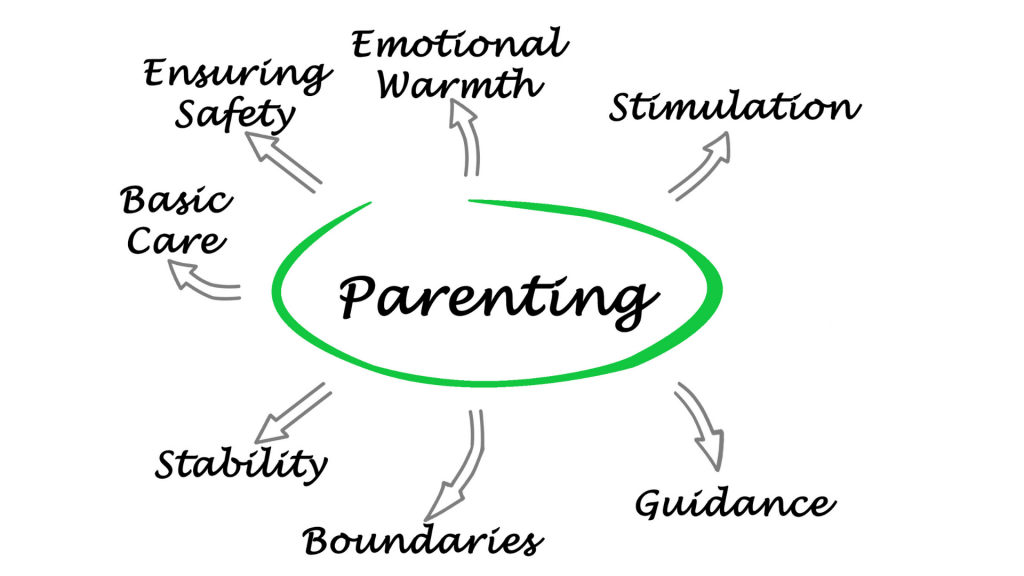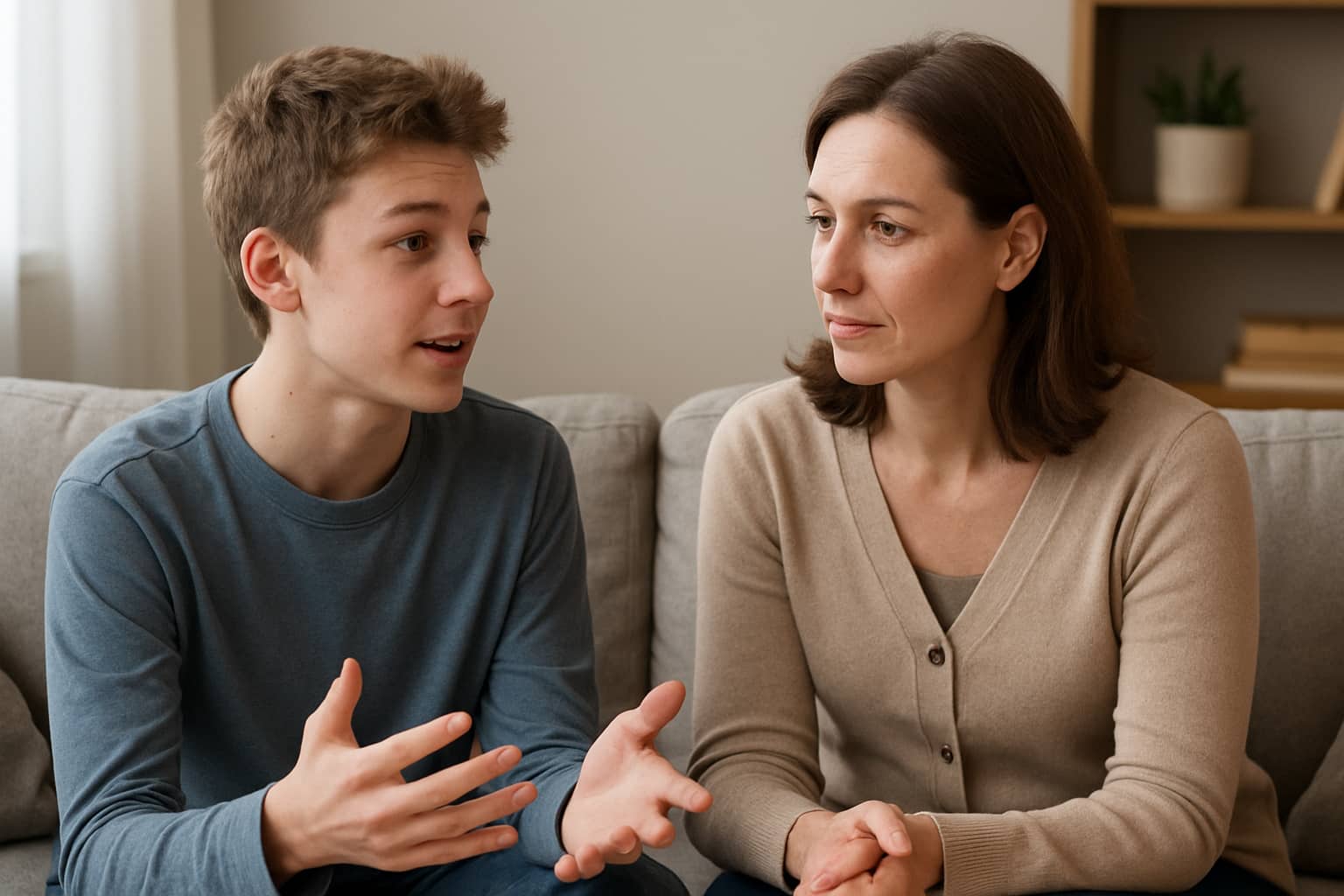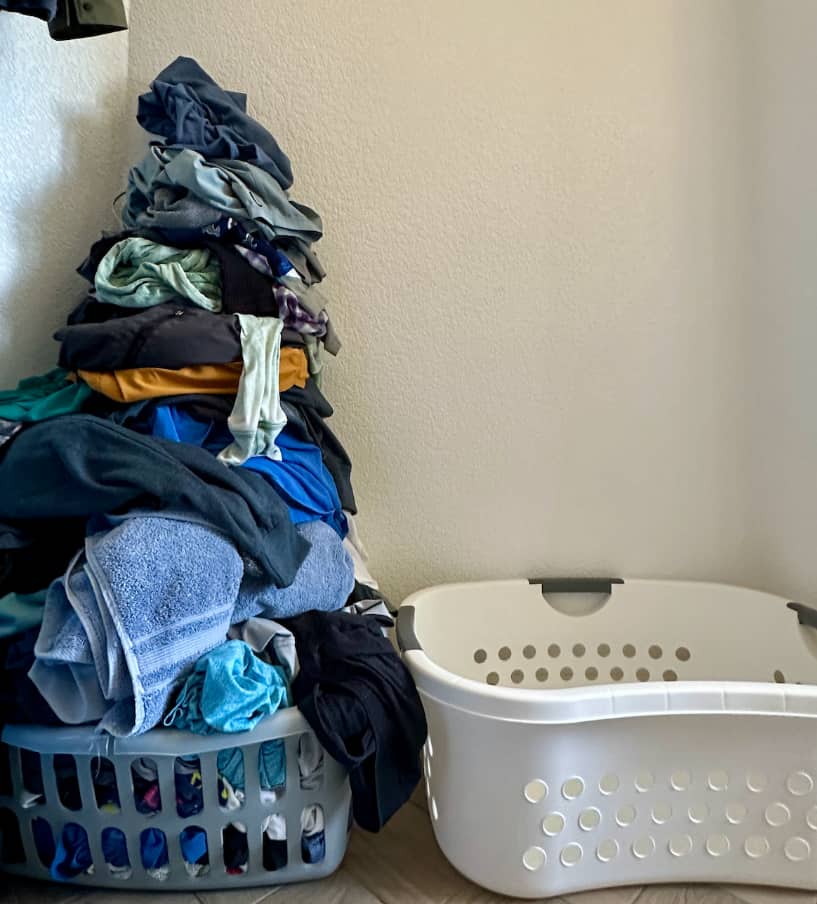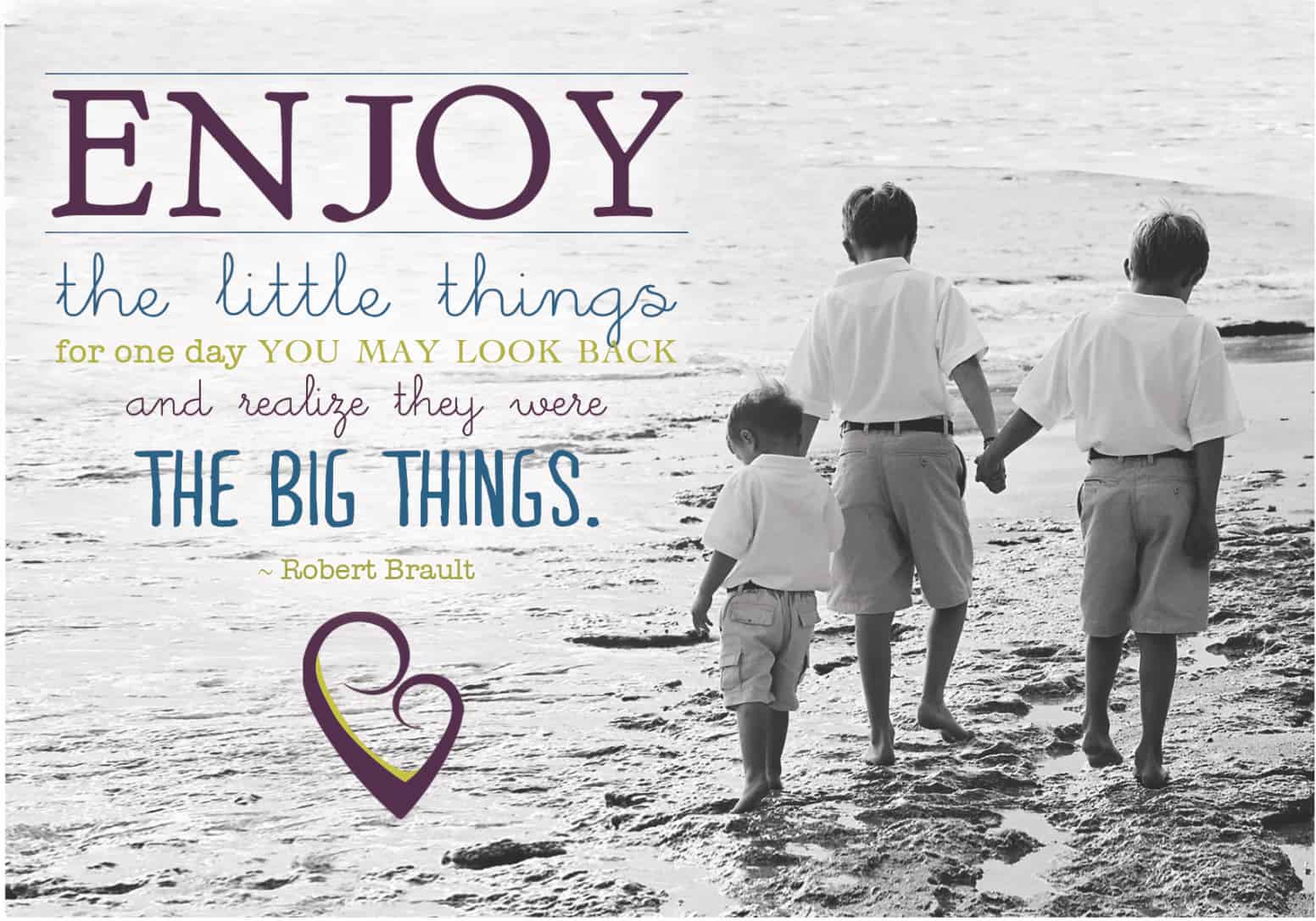Is it just me, or do you get frustrated because your kid is unique… louder, shyer, more challenging, slower, faster, bigger, smaller, tougher to parent, etc., than others?
Oh Honey, I know this feeling. Some kids do take more energy than others to raise well.
Recently on a fall hike in the Colorado Rockies, I saw something different than I had noticed before. Some leaves on any given tree are green, some are yellow, and some are speckly. Each leaf is unique and changes on its own time. In nature, especially in the fall, when we zoom out and take a wider view of all the colors, isn’t that view just gorgeous? A lot of people spend hours driving to the mountains to see the variety of colors.
I think kids are like the leaves on a tree: it’s good to take a step back and remember that each one is unique, with their very own strengths, weaknesses, and timing.
Our job is not to get them to fit in. Our job is to honor the uniqueness of these dear souls. After raising six kids, I finally really get it that there is no “right” or “best” way for a kid to be. Their light shines so differently. I’ve had to learn to drop my unrealistic expectations for my kids and accept them as they are, on their timing, with their strengths and differences.
In nature, we call that diversity “beautiful.” With people, that diversity is also beautiful.
Watch the video below to see the leaves that gave me a different perspective:












